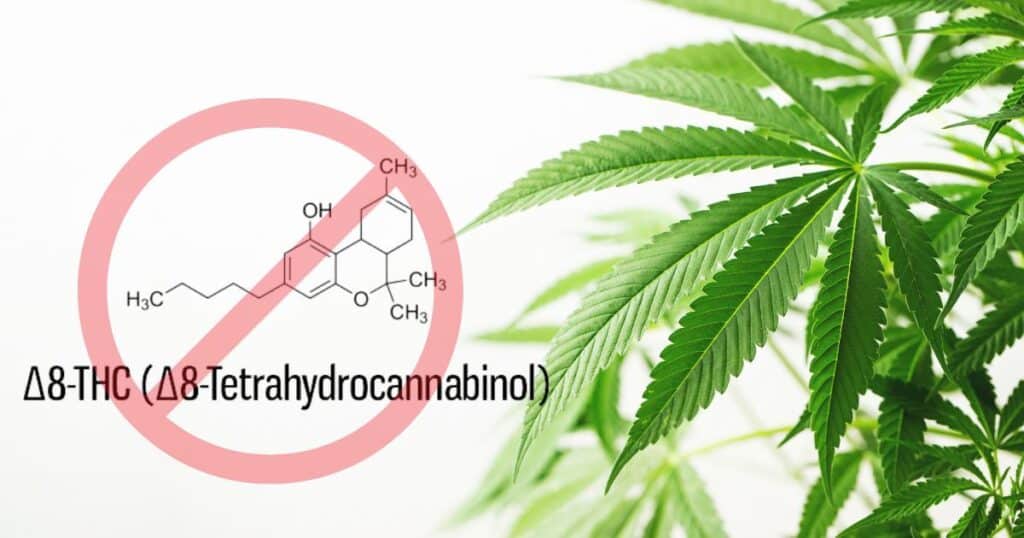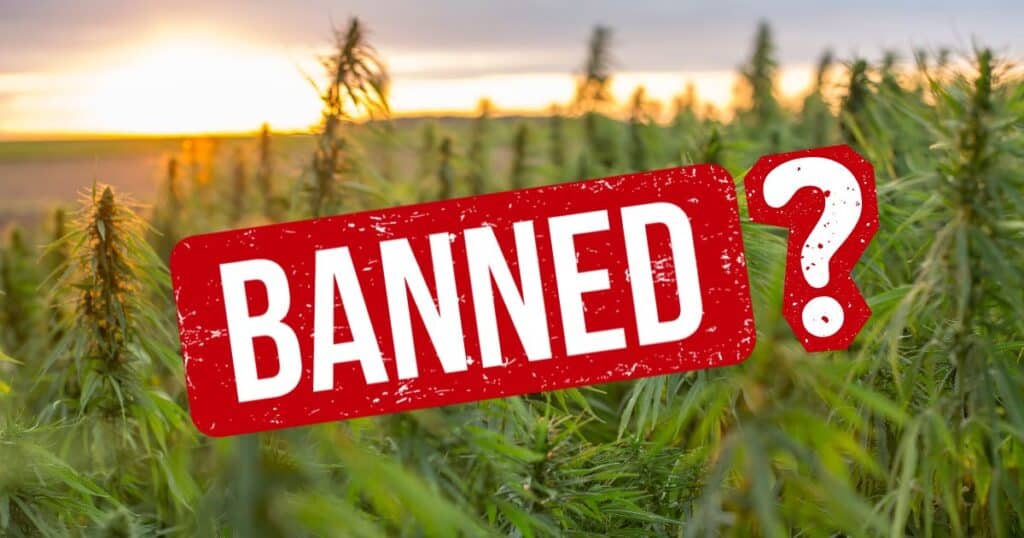In a significant move that could reshape the hemp industry, on Thursday, the U.S. House Committee on Agriculture approved an amendment to the Farm Bill that aims to ban delta-8 THC and other intoxicating hemp-derived products. This amendment, proposed by Republican Rep. Mary Miller of Illinois, has stirred considerable debate among cannabis legalization advocates and hemp industry professionals.
Today, I am offering an amendment to close the loophole Congress created that allows the sale of intoxicating “Delta-8” THC products, which are being marketed to kids and teenagers. Parents strongly oppose these drug-infused products being pushed on children as candy or snacks. pic.twitter.com/4xox6RBc5T
— Mary Miller (@Miller_Congress) May 23, 2024
Understanding the Farm Bill Amendment
The 2018 Farm Bill was a landmark piece of legislation at the time that federally legalized the cultivation of cannabis with a THC level of 0.3% or lower. This bill aimed to allow the production of hemp products for human consumption without the intoxicating effects associated with adult-use cannabis, which remains federally illegal.
However, the bill inadvertently opened a loophole that led to the creation of a gray market for hemp-derived cannabinoids like delta-8 THC. Unlike its more famous cousin, delta-9 THC, which is the primary intoxicating compound in cannabis, delta-8 THC has milder effects but still provides an intoxicating experience. This created a profitable market for these products, available in shops, gas stations, and online across various states, regardless of local cannabis laws.
Amendment #35
The proposed amendment to the new 2024 Farm Bill seeks to close this loophole by banning all intoxicating hemp-derived and synthesized cannabinoid products.
Amendment #35 states, “This amendment changes the definition of hemp in the Agricultural Marketing Act of 1946 to only include naturally occurring, naturally derived, and non-intoxicating cannabinoids.” This would include delta-8 THC, semi-synthetic cannabinoids like HHC, and synthesized products like THC-O.
Should this amendment become law, it would drastically alter the landscape of the hemp industry, potentially disrupting a multi-billion dollar market.
You can find the full list of amendments made here.
Implications for the Hemp Industry
The ban on hemp-derived intoxicating products could have a severe economic impact on the hemp industry. Many businesses have built their models around the production and sale of these products.
The amendment would affect not only companies involved in the production of delta-8 THC but also those producing other synthesized cannabinoids. The U.S. Hemp Roundtable, a hemp business advocacy organization, has stated that the amendment could “kill the hemp industry.”
Several states have already begun to regulate or ban these products, the most recent attempt being Florida, which is attempting to address the legislative void created by the 2018 Farm Bill.
The amendment comes at a sensitive time for the cannabis industry. The process to reschedule adult-use cannabis from Schedule I to Schedule III of the Controlled Substances Act is significantly advancing. This rescheduling could pave the way for broader federal legalization, making the ban on delta-8 THC even more controversial.
Hemp Industry Response
The U.S. Hemp Roundtable recently issued a press release expressing disappointment over the U.S. House Committee on Agriculture amendment’s approval. They highlighted that the amendment was passed without a roll call vote, grouped “en bloc” with several other amendments, and subjected to a voice vote.
Despite this setback, the organization remains optimistic about the future. They pointed out that the Farm Bill’s passage this year seems unlikely due to considerable differences between House Republicans and Senate Democrats. They also emphasized that they have many allies in both branches who will work to defeat the “hemp-killing language” in the amendment.
The U.S. Hemp Roundtable believes that this amendment if passed in its current form, would cause substantial turmoil within the hemp industry. Not only does it seek to prohibit potentially intoxicating substances like delta-8 THC, but it would also extend this prohibition to all non-intoxicating CBD products containing any measurable amount of THC.
Such a sweeping ban would essentially outlaw 90-95% of the current hemp products on the market, causing a massive economic setback for the industry.
What’s Next?
The hemp industry is gearing up for a battle to protect its interests. Organizations like the U.S. Hemp Roundtable are mobilizing supporters and lobbying lawmakers to reconsider the amendment.
For consumers, the amendment could mean the end of readily available delta-8 THC and similar products. Those who rely on these products for their milder effects compared to delta-9 THC will need to look for alternatives or turn to the “illicit” market, which could pose additional risks.
While the proposed amendment is certainly a significant step towards changing the landscape of the hemp industry, it is still quite a distance from becoming law. The legislative process involves multiple stages, including committee reviews, debates, and votes in both the House and the Senate.
Additionally, the differences between House Republicans and Senate Democrats suggest that the passage of the Farm Bill with this amendment may face considerable delays and challenges.
However, the momentum toward stricter regulation of hemp-derived cannabinoids is unmistakable. Lawmakers are gradually addressing what they believe are loopholes and inconsistencies created by the 2018 Farm Bill.

Although the amendment seeks to close a legislative loophole, it risks disrupting a multi-billion dollar market, stifling innovation, and threatening the livelihoods of farmers and users who depend on these products for various reasons. The path forward is uncertain, but one thing is clear: the hemp industry stands at a crossroads, and how it navigates this challenge will define its future.

















